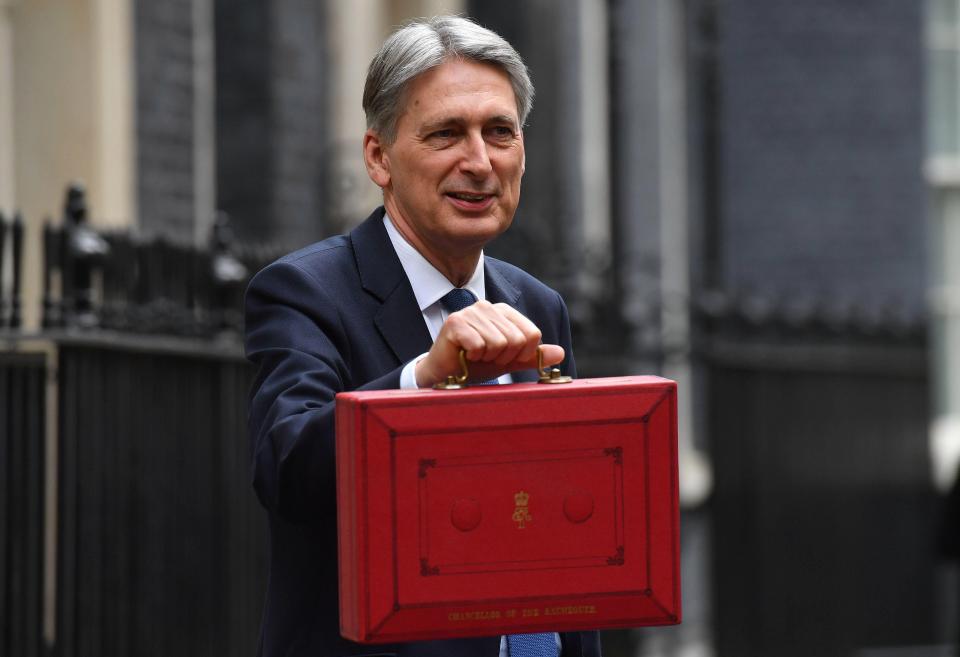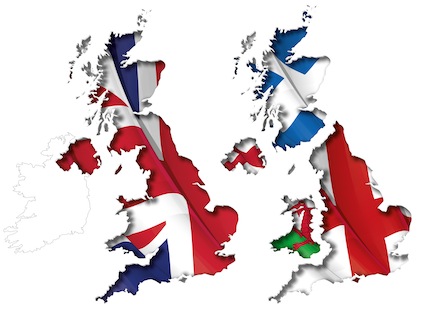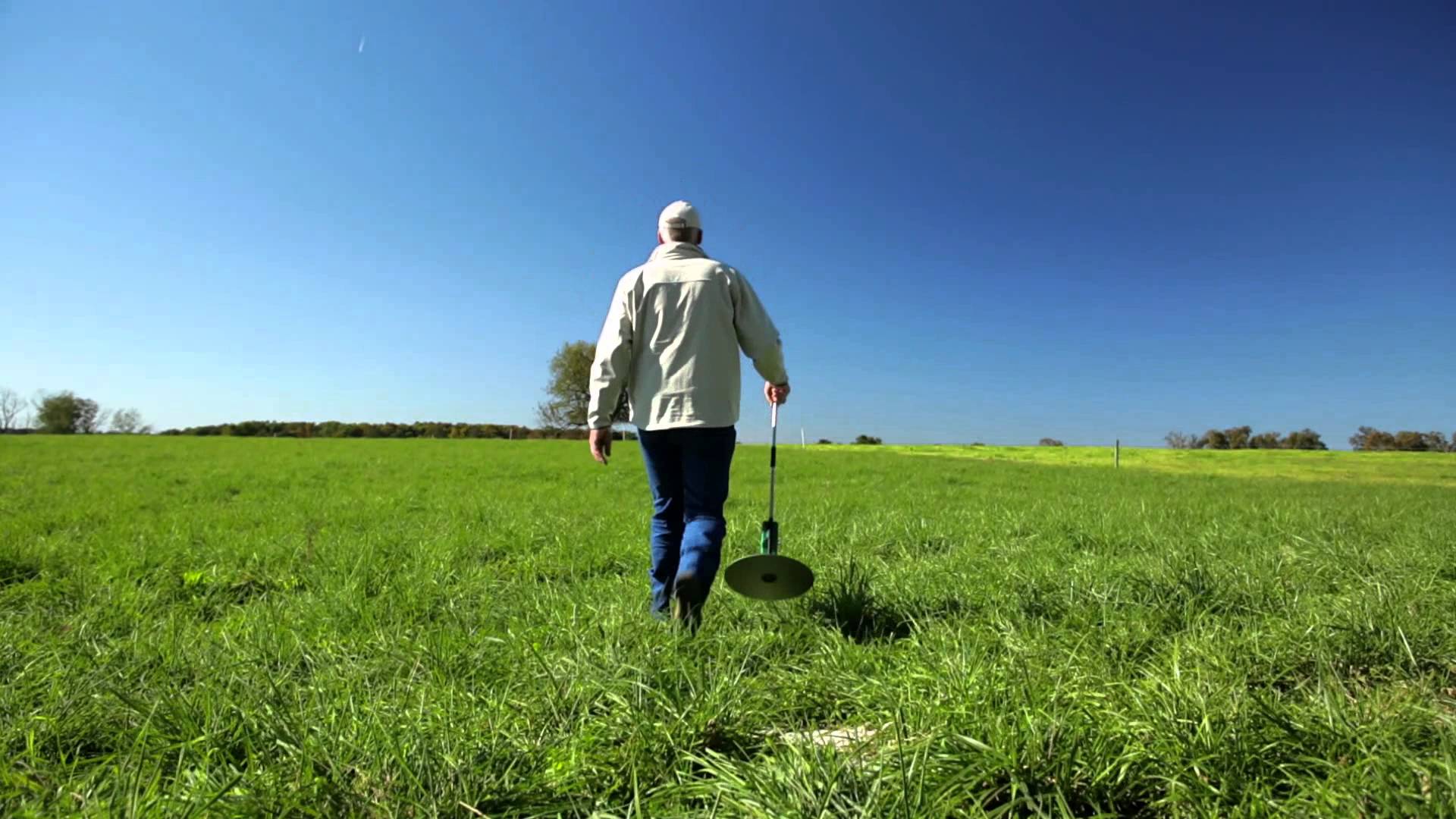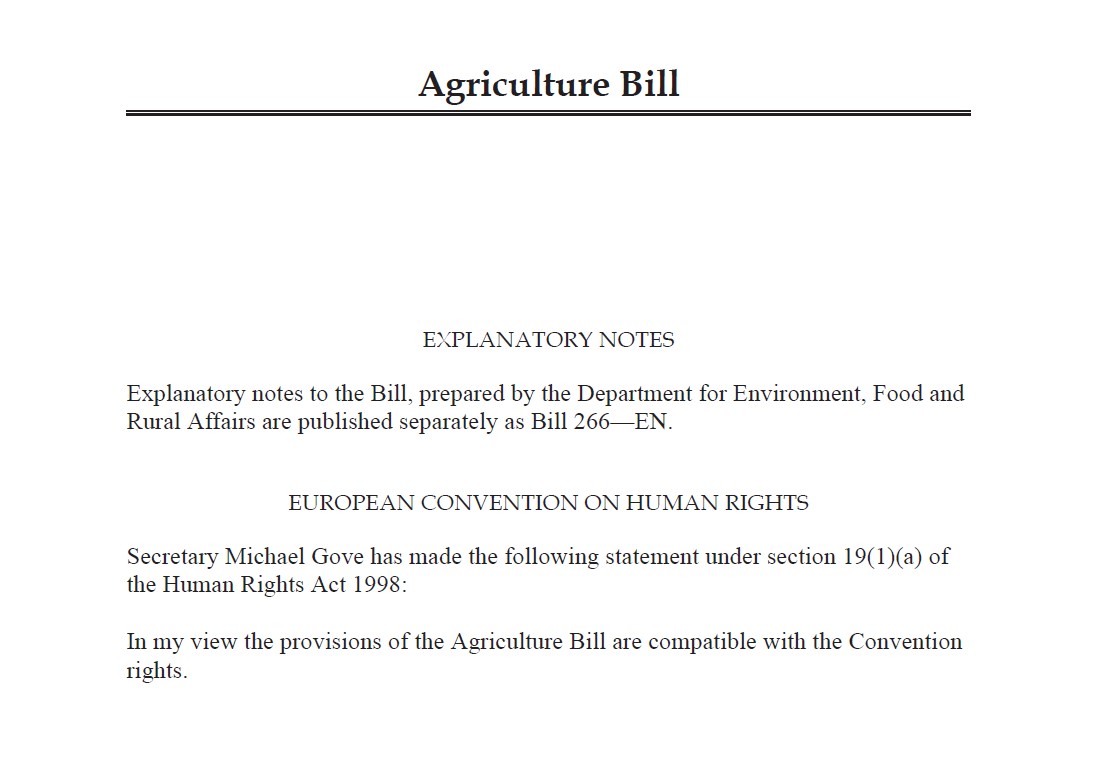The Chancellor of the Exchequer, Philip Hammond, presented the 2018 Budget on the 29th October. The timing was unusual, being both in the autumn and on a Monday (for the first time since 1962). However, all of the traditional Budget features such as laboured jokes, selected use of favourable statistics and ‘surprise’ giveaways were still in evidence. The main points as they affect farming are;
- An increase in the Personal Allowance for Income Tax to £12,500 from April 2019 (fulfilling a manifesto pledge a year early). The Higher Rate threshold will be £50,000 from next April. Thresholds will stay the same for 2020 and then be indexed by the CPI. All Income Tax rates remain unchanged for 2019. These figures do not apply to Scotland which now sets its own tax rates – there will be a Scottish Budget in December.
- Class 2 National Insurance contributions will be retained rather than abolished.
- The Capital Gains Tax (CGT) allowance will increase from its current £11,700 p.a. to £12,000 from 6th April 2019. To be eligible for CGT Entrepreneurs Relief assets will have to be held for two years rather than one as at present.
- The lifetime limit for Pension Contributions will rise in line with inflation to £1,055,000
- There are no obvious changes to the Inheritance Tax regime or that for Corporation Tax.
- Despite pre-Budget indications, the turnover threshold at which businesses must register for VAT will remain at £85,000.
- A new Structures and Buildings Allowance (SBA) is to be introduced for any commercial buildings where contracts are signed, or building commences, after 29th October 2019. This applies to new (and improved) agricultural buildings. The SBA will allow a deduction against profits at a fixed rate of 2% of the original build cost for a period of 50 years.
- The Annual Investment Allowance (AIA) for plant and machinery will rise from £200,000 to £1m per year for the period 1st January 2019 to 31st December 2020. The special rate for long-life assets will reduce from 8% to 6% from April 2019.
- The National Living Wage (for those aged 25 years or older) will rise by 4.9% from £7.83 to £8.21 from April 2019. National Minimum Wage rates (21 to 24 years) will rise 4.3% to £7.70.
- For 2 years from April 2019 Business Rates will be cut by one third for retail properties with a rateable value below £51,000.
- Further Government support to ensure that there is a ‘full fibre’ national Broadband network by 2033.
- A Woodland Carbon Guarantee Scheme to support the planting of 10m trees by purchasing £50m of carbon credits.
- The now-traditional freezing of Fuel Duties for a further year.
- No increase in Duties on beer, cider or spirits (although rates for wine-drinkers will increase).
- Various measures intended to boost housing and infrastructure with a particular focus on the Cambridge-Milton Keynes-Oxford ‘Arc’.
The Budget statement also, as usual, provided the latest economic forecasts from the Office of Budget Responsibility (OBR). Economic growth in 2018 is now forecast to be 1.3% – downgraded from the 1.5% reported in March. However the forecast for 2019 has improved from 1.3% in March to 1.6% now. The figure for 2020 is 1.4%, but it should be noted that all of these forecasts are based on an orderly Brexit.








